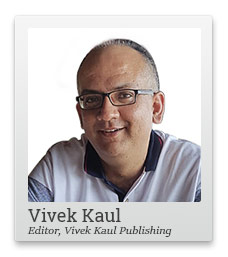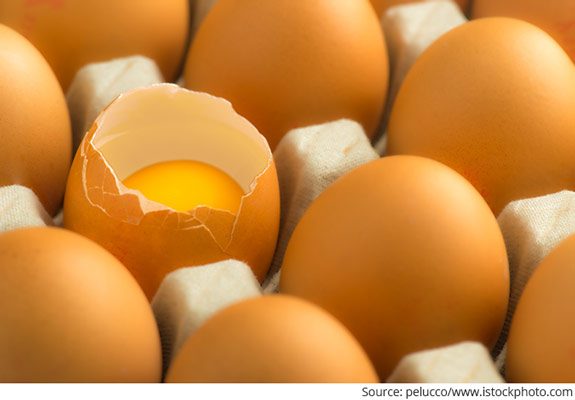| |||||||||||||||||||||||||||||||||||||||||||||||||||||||||||||||||||||||||||||||||||||||||||||
|
Hi! This blog is testament to the fact that the voices in my head are truly out of my control! Rather than going crazy about it, i've decided to channel them constructively!
Thursday, September 20, 2018
Fwd: The Inedible Omelette Made by Scrambling Three Public Sector Banks
In the commentary regarding Indian economy and government, usually I find the tussle between the typical left and right wings, but they both tend to favor big government. One wants big government to take care of all the welfare and take up charge of protecting the environment, and the other wants big government to give free resources to capitalists, suppress rebellions against land grabs, chop down the forests to do development, etc. At the end of the day both these sides want government to do this or that and in the process get bigger and more intrusive.
Examples of big government from both left and right:

1. MNREGA, jobs guarantee schemes
2. Using taxpayer money to bail out big loan defaulters or keep failing banks afloat
I've found one writer that come from economist background and brings in libertarian principles, arguing for smaller government, lesser interventions and prudent actions rather than overbearing measures. He's Vivek Kaul from Equitymaster.
Here's one article from him. Note that there are ads along with the article (which I don't have a problem with because I longer subscribe to anti-money ideology. I used to at some point, but not anymore).
---------- Forwarded message ---------
Subscribe to:
Post Comments (Atom)
Gift Economy
Would you like to show your appreciation for this work through a small contribution?
Contribute
Contribute
(PS: there's no ads or revenue sources of any kind on this blog)








No comments:
Post a Comment